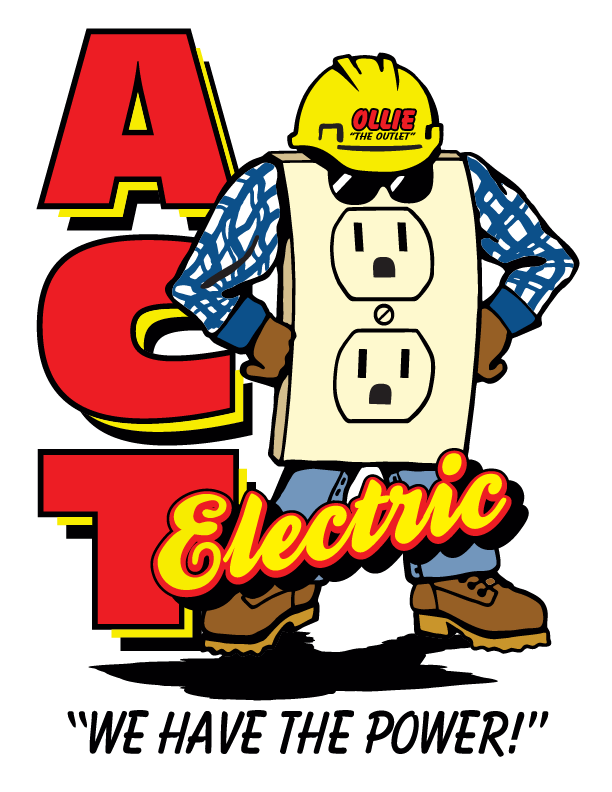Protecting Little Hands: Navigating Electrical Safety for Kids
Hardly a day goes by when we don’t see a small child playing with their mother’s cell phone, watching tv, or even using a computer. Electronics are such a part of our daily lives that we often mesh kids and electrical appliances and don’t give it a second thought.
But, we should.
Electrical appliances, and, heat appliances, in particular, represent a danger to children. As our society becomes more reliant on technology, electronics, and charging cords which aren’t in use, become a common sight.
Electronics and power cords
Only restraint prevents us from resorting to anecdotal tales about young children whose interactions with chargers and electrical cords result in deeply disturbing outcomes. The problem with a lot of these chargers is that they’re of a low-voltage variety-- ‘safer’, we think. But, ‘safer’ when it comes to electrical shock isn’t ‘safe’. To add to the mix, many electrical devices have appliances which plug into them. Cell phones have earphones. Computers have USB ports. Computers have printers. Kids frequently want to put the ends of these chargers into their mouths.
Turning up the heat
Electrical plugs are the safest they’ve ever been. Almost all of us have three prong outlet sockets and GFCI's. It’s actually much harder for a child to get electrocuted by a wall socket than it seems. The hazard lies with burns from heat appliances, such as hair straighteners and toasters, when children see how they operate and attempt to mimic parental behavior. Just like that cuss word you let slip becomes your toddler’s favorite new word, it seems like the things which represent the most danger to them are the ones they want to try.
Fans
Traditional fans are not safe, but we’ve heard of parents who didn’t have the money to drop on a bladeless fan say that a tower fan was a good second choice.
Major appliances
The two most dangerous electrical appliances in your home are your dishwasher and your range. The reason is because both of these have drop-down doors. Dishwashers don’t tip over, but they’re full of sharp things and detergent, which is much more toxic than it seems. The range is a hazard because kids want to climb on the door to see what’s cooking, and if it isn’t bolted down correctly, it tips. So, the danger level isn’t confined to watch they can reach from the floor.
Parent bombardment
To add to the confusion, parents are constantly bombarded with information experts and others believe is critical for the child’s well-being. (It should be noted that none of these so-called experts are available to babysit on Saturday night when the parents need a breather.)
The result is a kind of numbness on the part of parents. After being slammed with so many ‘do’s and don’ts’ all the time, even the most hyper-vigilant parent becomes desensitized by the sheer volume of warnings, recommendations, and safety products.
About 100 kids a year die from electrocution, which sounds terrible until you consider the number of kids and electrical products that mesh, that’s a pretty low number. But, electrical products do pose a threat to children--it just usually comes in the form of a burn.
ACT Electric is a full-service residential and commercial electrical contractor company specializing in electrical installation, repairs, and upgrades, electrical troubleshooting, electrical remodeling, electrical home inspection, and electrical retrofitting. We always prioritize customer comfort and safety. Give us a call at (480) 986-1722 today!




